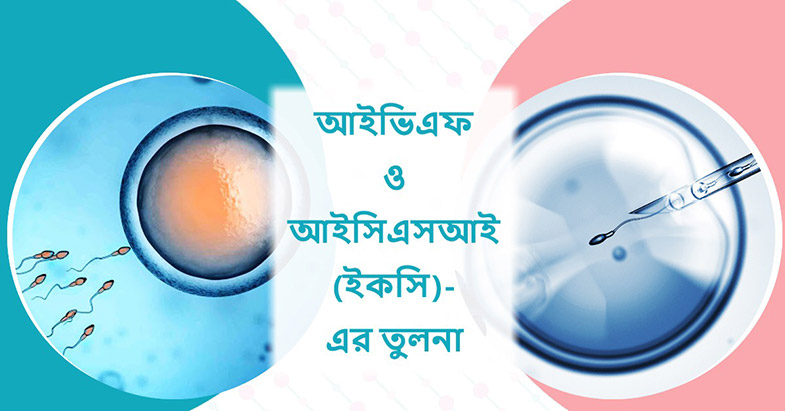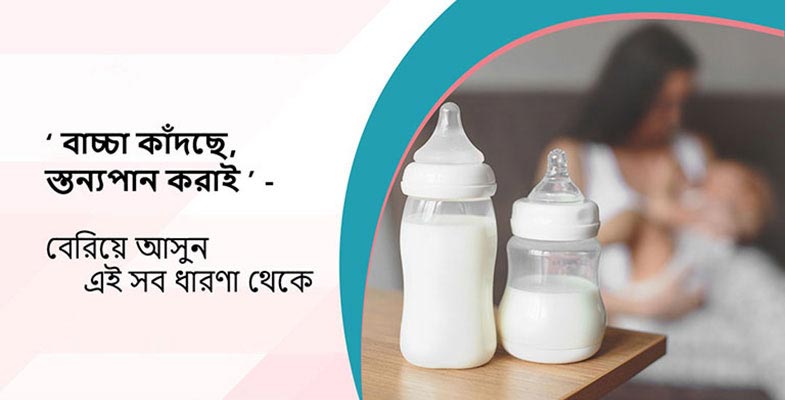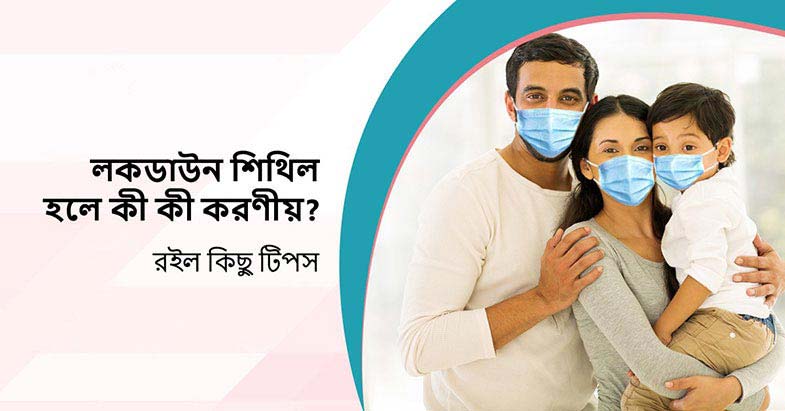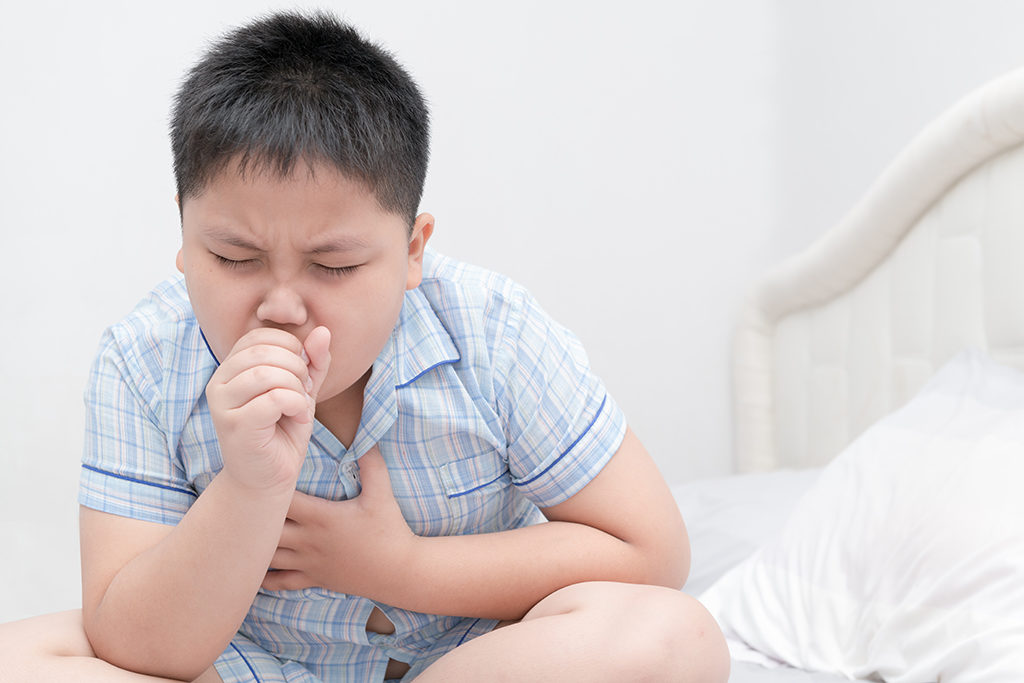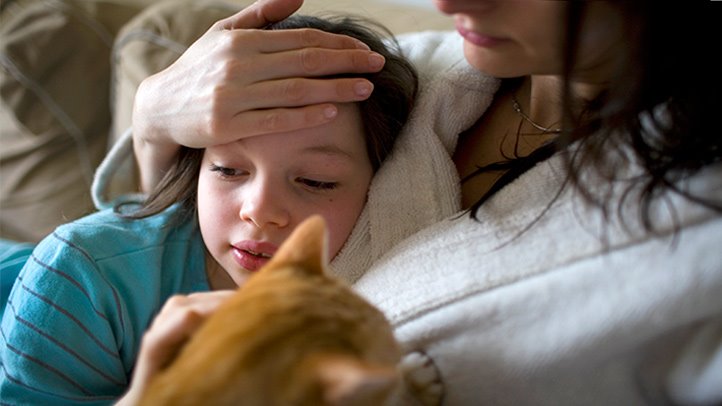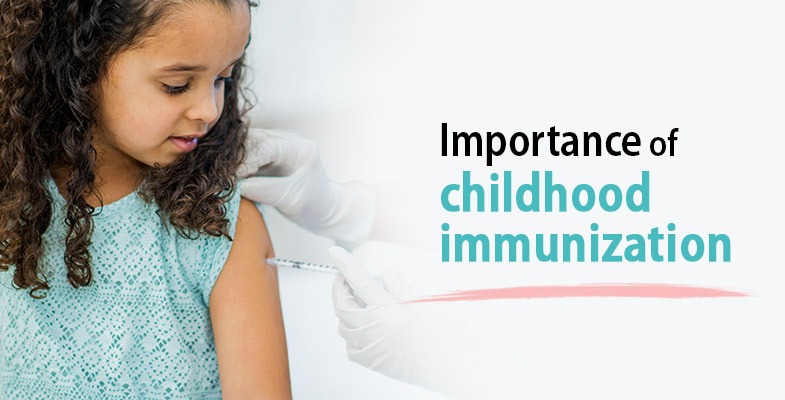
The recent pandemic seems to have split the world into people in favour of vaccination and those against it. There is much anger, debate and dismay regarding the usefulness of vaccines. While the ‘in-favour’ lobby, which includes almost the entire medical fraternity and public health organizations/workers, has been strongly advocating the need for immunization, a small group of anti-vaccine lobbyist remain unconvinced. The doubts and concerns put forth by this group of people has influenced a great many from remaining un-vaccinated against COVID, which has made the job of controlling the pandemic that much more difficult in many countries around the world.
As this particular controversy rages on, perhaps it is time to once again look at and understand immunization, particularly when it comes to children.
So, what is immunization?
Vaccinating a person against certain diseases by inoculating him/her with a live or dead germ of the disease is essentially what the term ‘vaccination’ means. ‘Immunizing’ refers to boosting one’s immunity, thus making them less vulnerable to various diseases.
Why is childhood immunization important?
Before his/her birth, a child is protected by the mother’s immunity. Post being born, breast feeding affords a degree of protection, this however, is not enough to ward off the dangers that the growing exposure brings. There was a time, many decades ago, when there were no vaccines. That was also the time when child mortality was very high, as was deformity resulting from diseases like Polio. Diseases like Chicken Pox and Measles were rampant, and associated complications a part of life one lived with. Diarrhoea was a scourge, particularly in the third world countries where hygiene levels have always been a big question mark.
Medical science has vastly progressed since then, bringing along with it the concept of ‘immunization’ which has been a boon in the area of child health. Vaccines protect a child from not only getting infected against certain diseases, they also prevent him/her from infecting others.
Here’s a quick look at the vaccines recommended for infants today:
- MMR – For measles, mumps and rubella
- Hib (Haemophilus influenza) vaccine for a common upper respiratory tract infection that can cause meningitis
- Polio vaccines
- DPT – For diphtheria, tetanus and pertussis
- Hepatitis B vaccine
- Varicella (chicken pox) vaccine
- Vaccine for rotavirus- an infection that can cause severe diarrhoea
- Vaccines for pneumococcal disease that is known to cause ear infections and pneumonia
The Safety Factor
‘Are vaccines safe?’ is a query doctors are often faced with. It is important to understand that a child is at greater risk from vaccine-preventable diseases that the vaccine itself. Vaccines can have mild side-effects and cause some discomfort in the form of a little fever and some pain in the area of the injections, but the long-term protection they afford far outweigh the minor problems that your child would soon overcome.
Will my child be able to handle so many vaccines?
It is natural for a parent to worry, but do understand that your child is exposed to hundreds of germs every day. A common cold puts a much greater burden on the child’s immunity than a vaccine ever can. Infections/diseases can severely weaken a child’s immune system, prevention is the best way to keep them protected.
Why is following my child’s vaccine schedule important?
Vaccine schedules have been prepared following a lot of research and clinical trials. Delaying vaccination can make your child vulnerable and nullify the effects of previous vaccinations. It is important to talk to your child’s doctor to understand the vaccines and their schedules.
Vaccines save life, by helping your child’s immune system fight against infectious diseases. While the need to boost your child’s immunity by ‘natural’ means cannot be ignored, vaccines can help in giving them the initial shield that will protect them and help them fight against the deadly viruses and bacteria they are exposed to during the first months/years of their life.


